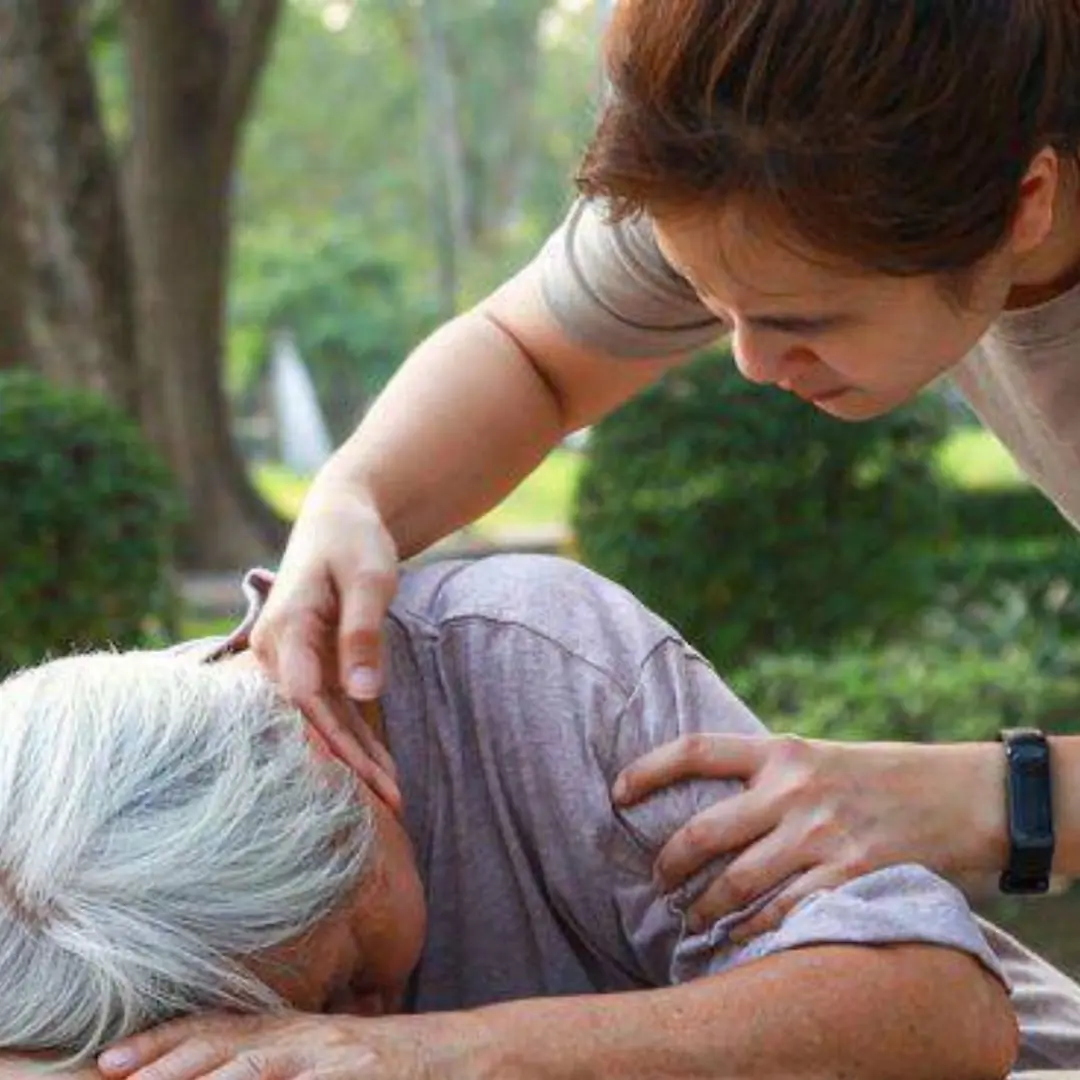
Night Sweats Explained: 7 Surprising Facts
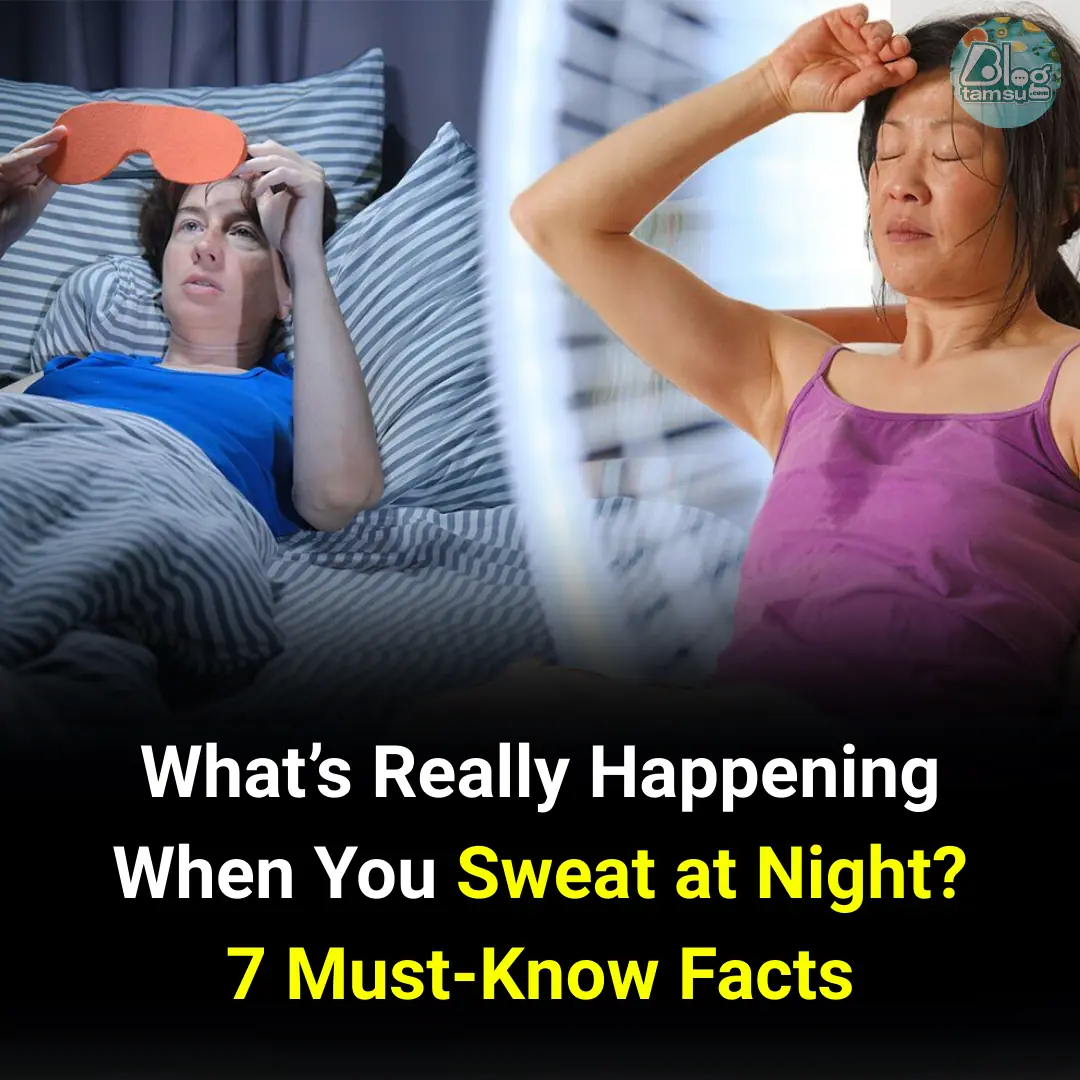
What Is Night Sweating?
Not everyone experiences night sweats. This symptom often occurs in certain individuals or within specific age groups.
The onset of night sweats can be very sudden. You may go to bed feeling completely comfortable, even a little chilly, but shortly after, you wake up in the middle of the night burning hot, your back soaked in sweat. At that moment, all you want to do is throw off the blanket, turn on a fan, or in some cases, change your drenched clothes and sheets.
According to medical experts, night sweats are one of the common symptoms in women entering or going through menopause. Night sweats are considered a type of vasomotor symptom (VMS), which includes sudden, intense hot flashes caused by blood vessels dilating, increasing blood flow, and then contracting again. During this episode, you may sweat heavily, your skin may turn red, and your heart rate may speed up. The episode may last for a while, followed by a sudden chill.
7 Facts About Night Sweats
1. Some women may experience night sweats for more than 10 years
Reports show that about 75% of menopausal women suffer from hot flashes and night sweats. These symptoms can begin years before the final menstrual period.
Dr. Stephanie Faubion, Director of the North American Menopause Society (NAMS), notes:
"The average duration of hot flashes and night sweats ranges from 7 to 9 years, and about one-third of women experience them for a decade or longer."
2. Night sweats and hot flashes are not the same
Research presented at the 2022 annual meeting of NAMS found that night sweats are more stressful than hot flashes that occur during the day or night.
Women who experience more night sweats than daytime hot flashes also have a higher risk of depression. Night sweats tend to last longer and cause heavier sweating.
3. Some women are more prone to night sweats
A study published in Women’s Midlife Health found that Black women tend to experience earlier and more intense night sweats than white women.
Dr. Faubion explained:
"Night sweats aren’t genetic, but they can be influenced by sociocultural and environmental factors, such as financial hardship or racial discrimination."
However, another 2021 study in the journal Menopause reported that certain genetic variations are associated with the frequency and severity of hot flashes. Japanese research also shows that women in China experience fewer and milder hot flashes compared to women in the U.S., possibly due to higher soy consumption or other cultural factors.
4. The exact cause of menopausal night sweats remains unclear
As ovarian hormone production decreases, fluctuating estrogen and declining progesterone levels may trigger hypothalamic neurons that regulate body temperature. When the hypothalamus detects a false rise in temperature, it signals the body to release heat: the heart pumps faster, blood vessels dilate, and sweat glands activate. After sweating, chills may follow.
5. Night sweats aren’t always caused by menopause
It’s important to note that not all cases of night sweats are linked to menopause. Conditions such as tuberculosis, HIV, diabetes, sleep apnea, lupus, certain cancers, and gastroesophageal reflux disease (GERD) can also cause night sweats.
They may also be side effects of medications like aromatase inhibitors, tamoxifen, opioids, steroids, antidepressants, and drugs for high blood pressure or diabetes.
If you experience night sweats, consult a doctor to determine the underlying cause.
6. Slow breathing can reduce hot flashes and other menopausal symptoms
NAMS experts recommend practicing slow breathing—about 6–8 breaths per minute for 15 minutes, twice daily, or whenever a hot flash begins.
This technique may help healthy peri- and postmenopausal women reduce both the frequency and severity of symptoms.
7. Not all treatments for night sweats involve hormones
Hormone therapy is the most effective treatment for night sweats, and the U.S. Food and Drug Administration (FDA) has approved several medications for managing hot flashes. Doctors may also prescribe antidepressants to ease menopausal symptoms.
If you are experiencing signs of perimenopause or menopause, consult a healthcare provider for the most suitable treatment.
News in the same category

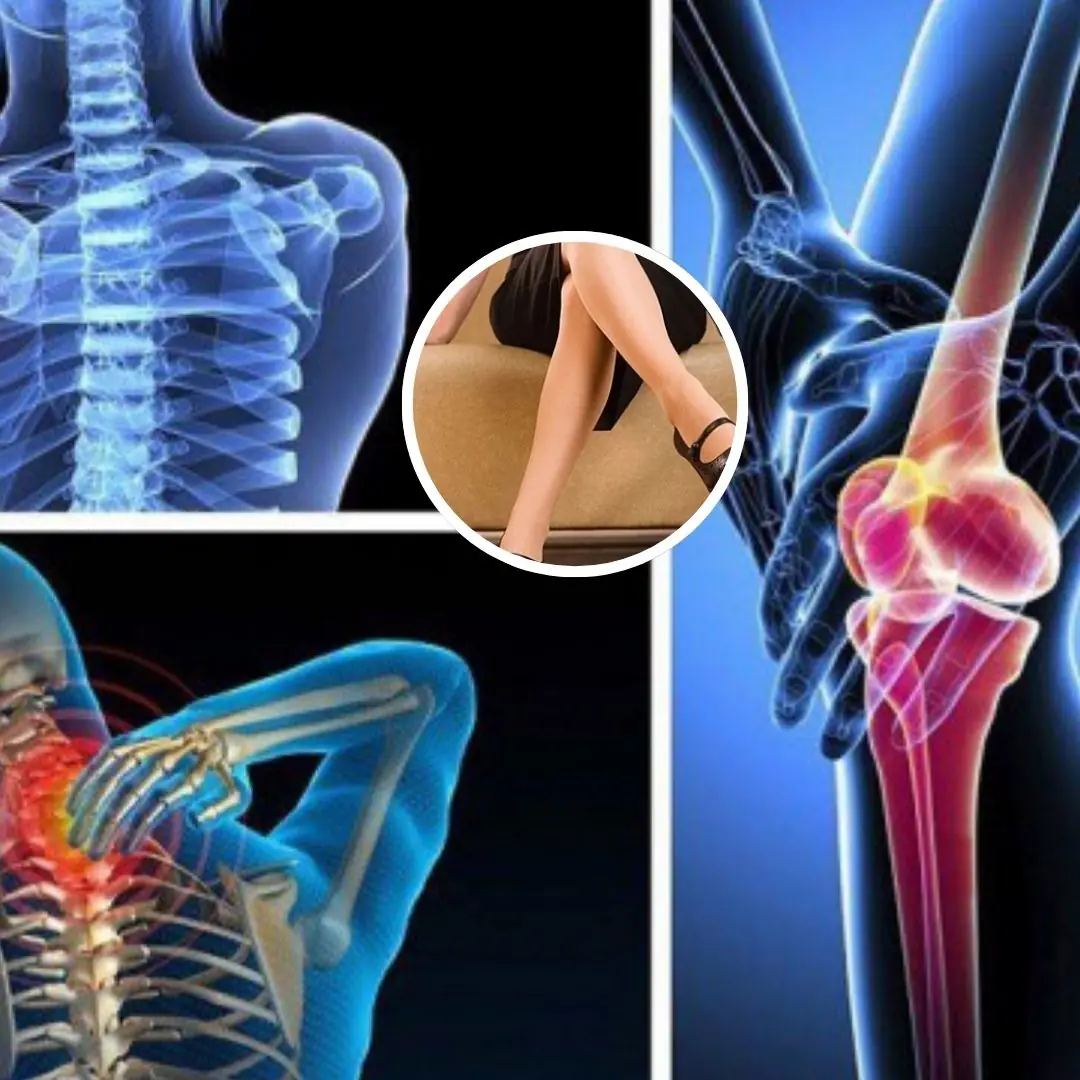
"7 Silent Habits That Wreck Your Bones and Joints — Quit Them Now or Face Pain in Old Age
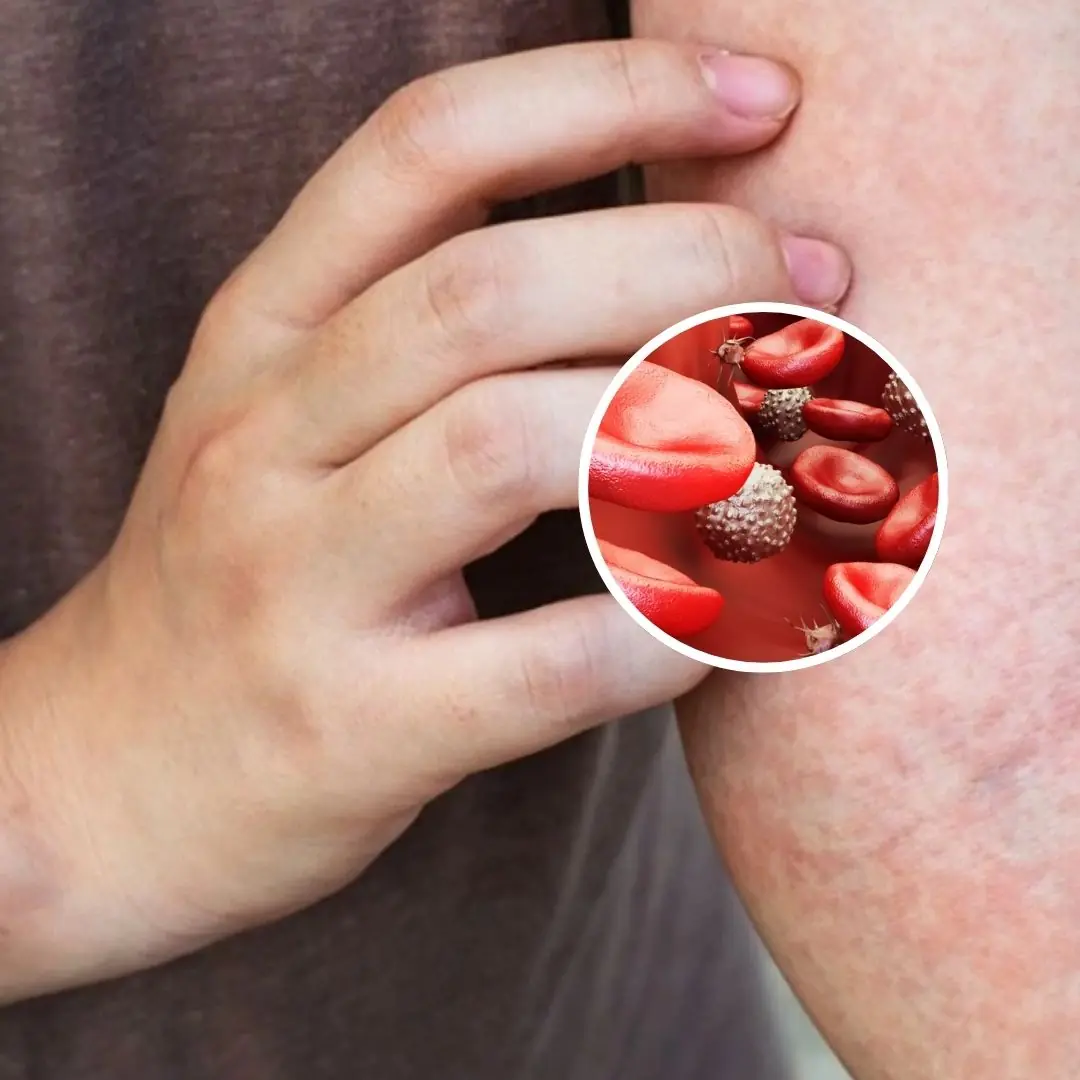
Warning: 10 Overlooked Symptoms That Could Signal Blood Cancer

4 Abnormal Signs in the Abdomen That May Seem “Minor” but Could Indicate Can.cer

Surprising Everyday Foods That Quietly Work Wonders for Your Liver — And Why You Should Add Them to Your Diet

Despite its health benefits, star fruit is strictly off-limits for these groups of people
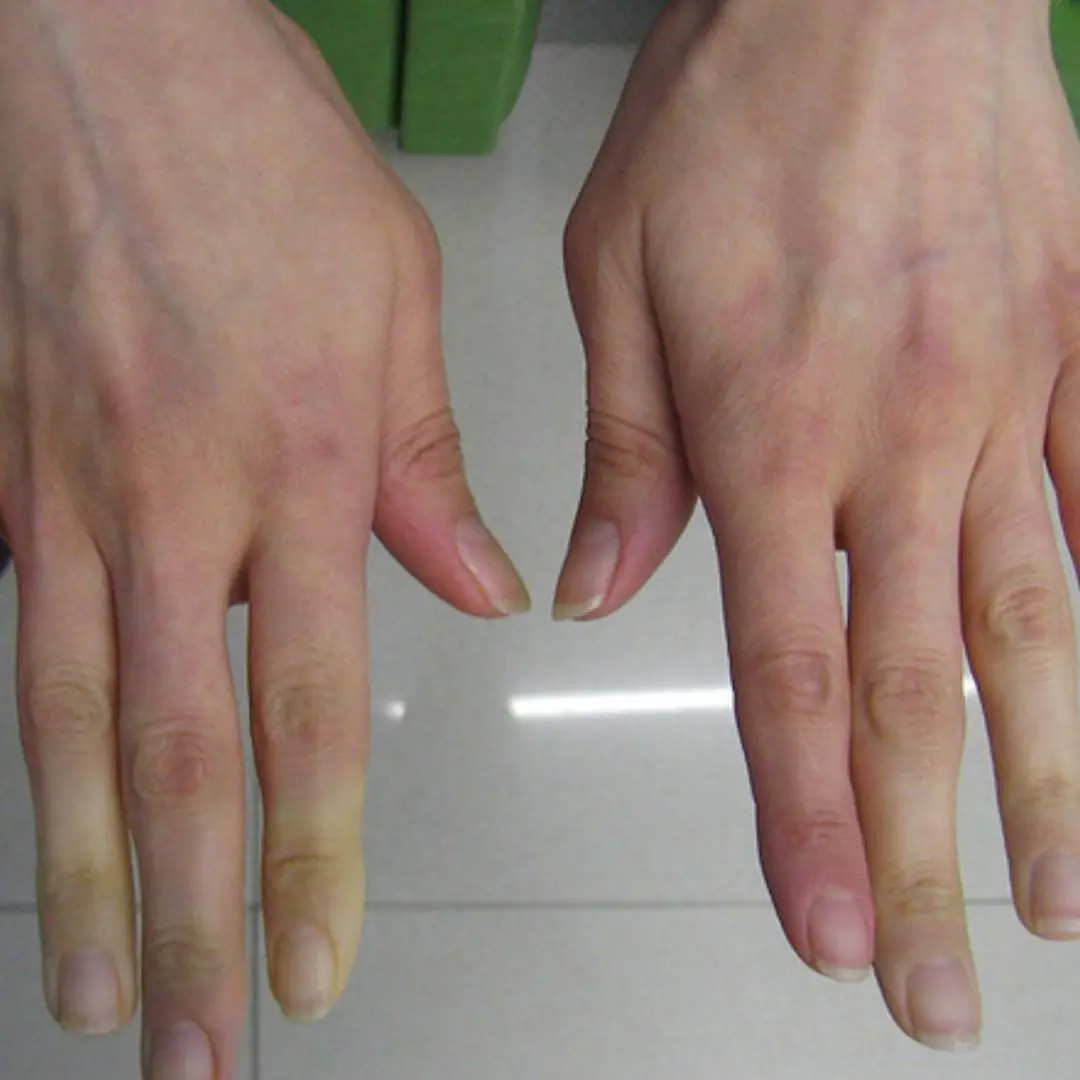
This condition can trigger a sudden transformation in the fingers, leaving them ghostly white or bluish
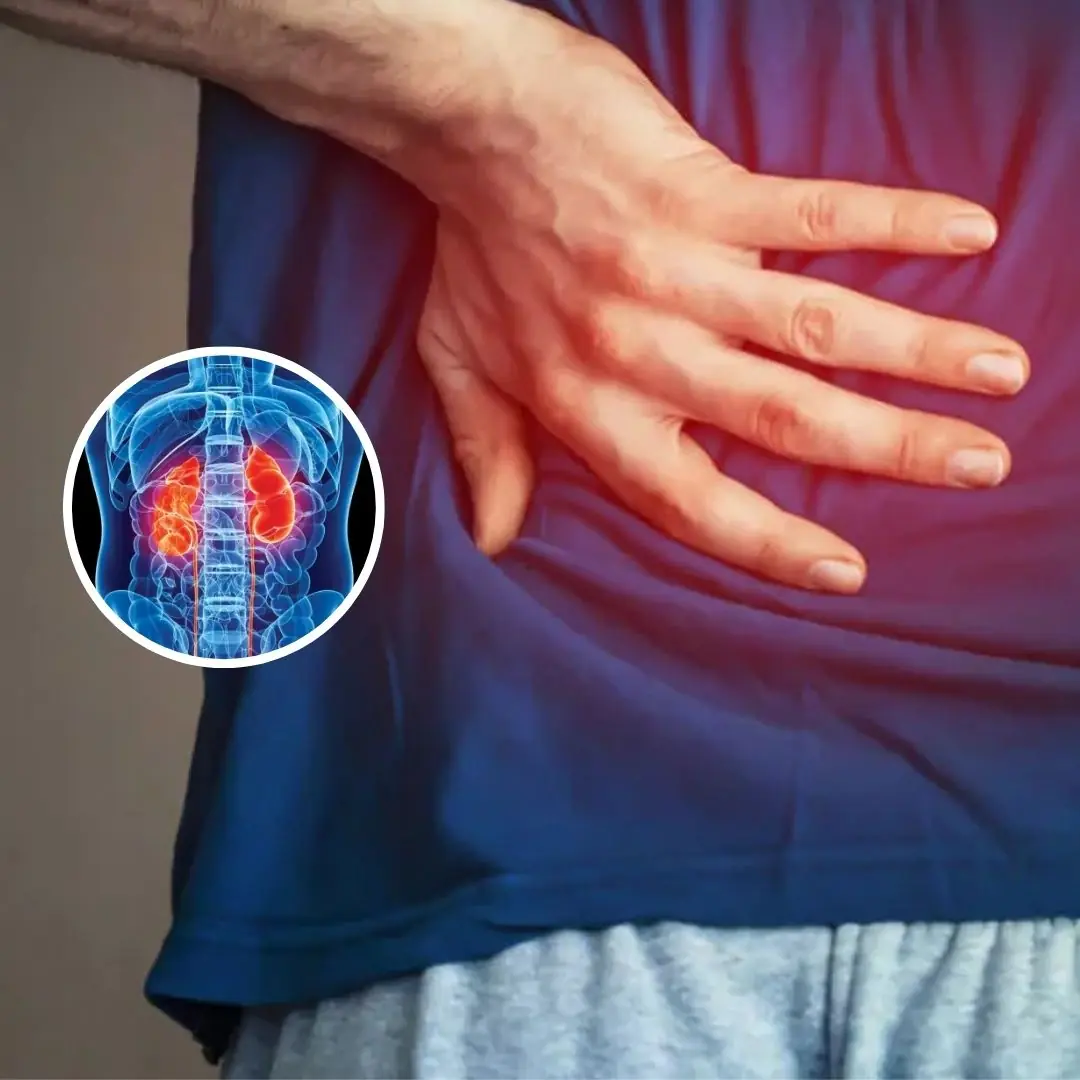
Night Clues: 5 Rare Symptoms Pointing to Kidney Damage
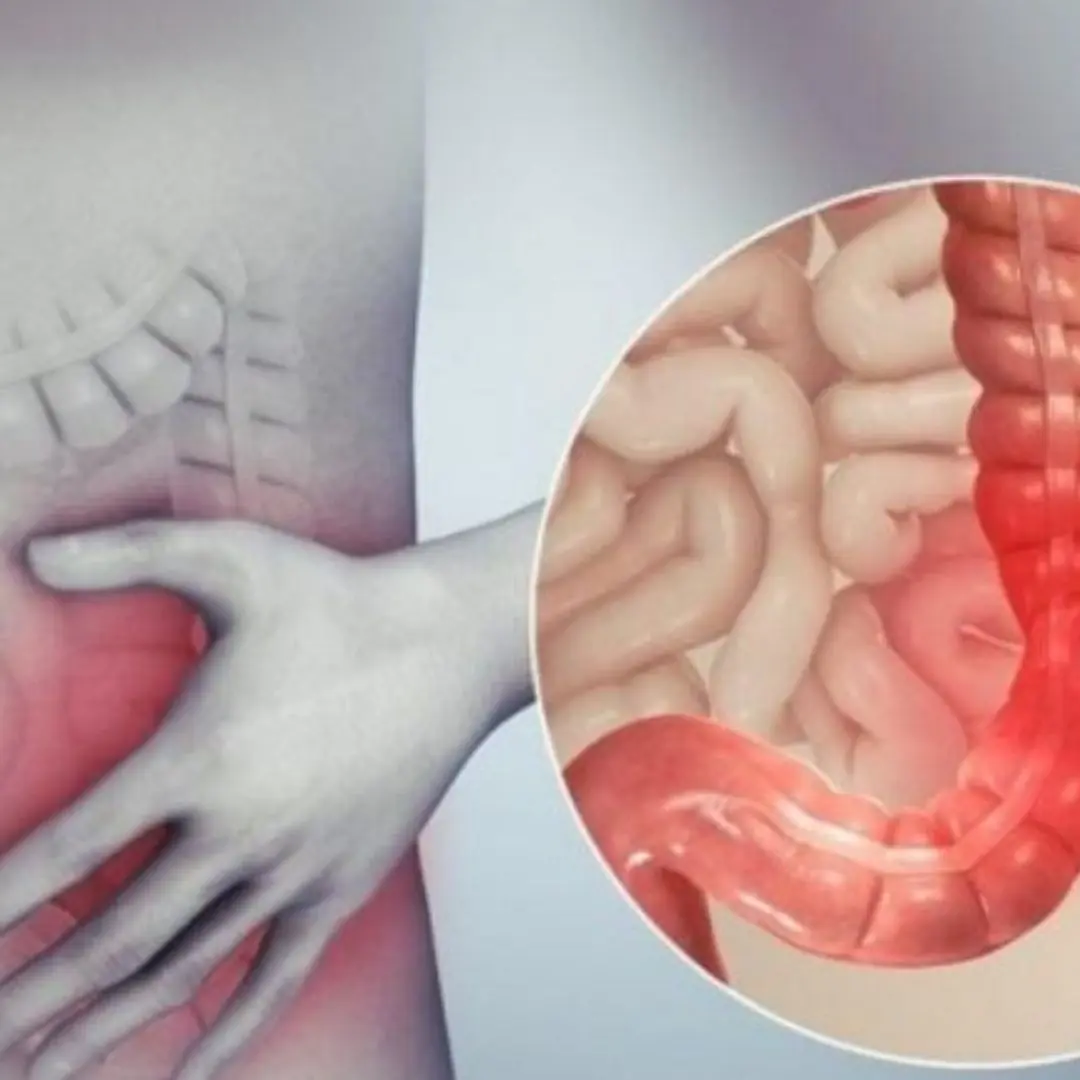
Don’t Overlook These 6 Warning Signs of Stage 1 Colon Cancer

These 3 Common Fish Are Actually the Best for Your Health
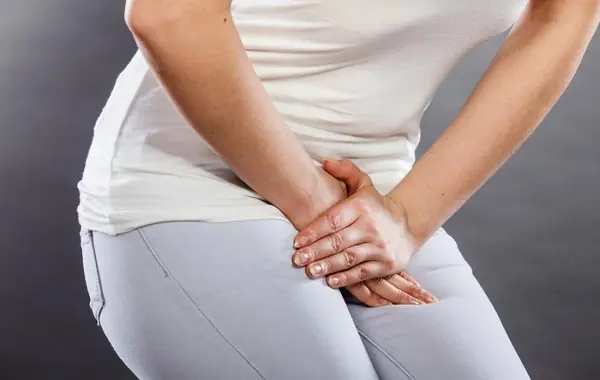
4 Foods That Help Prevent Vag.inal Infections:

4 Foods to Eat on an Empty Sto.mach in the Morning That Work Like a “Trash Scanner” for the Body

6 Foods That Balance Hormones and Stop Hair Loss — A Secret Few Women Know!
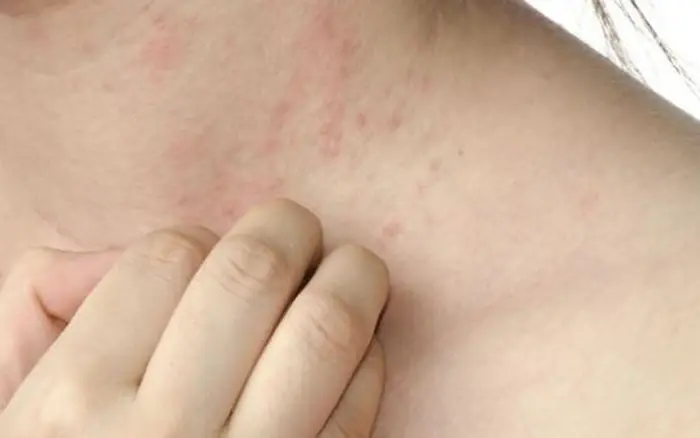
Woman Shocked by Doctor’s Diagnosis After Visiting Hospital for Severe Itching
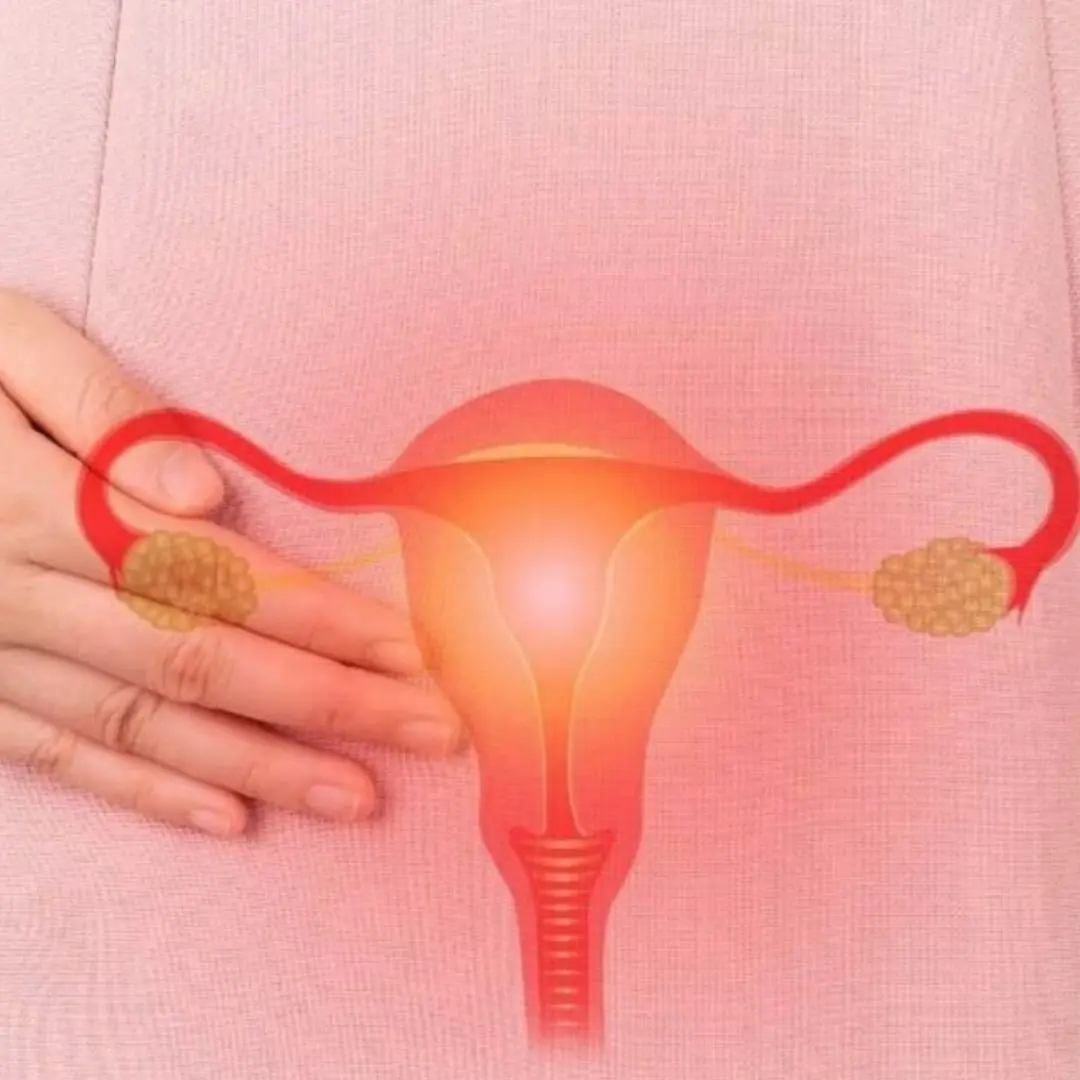
Cervical Cancer: 8 Hidden Warning Signs Just Uncovered
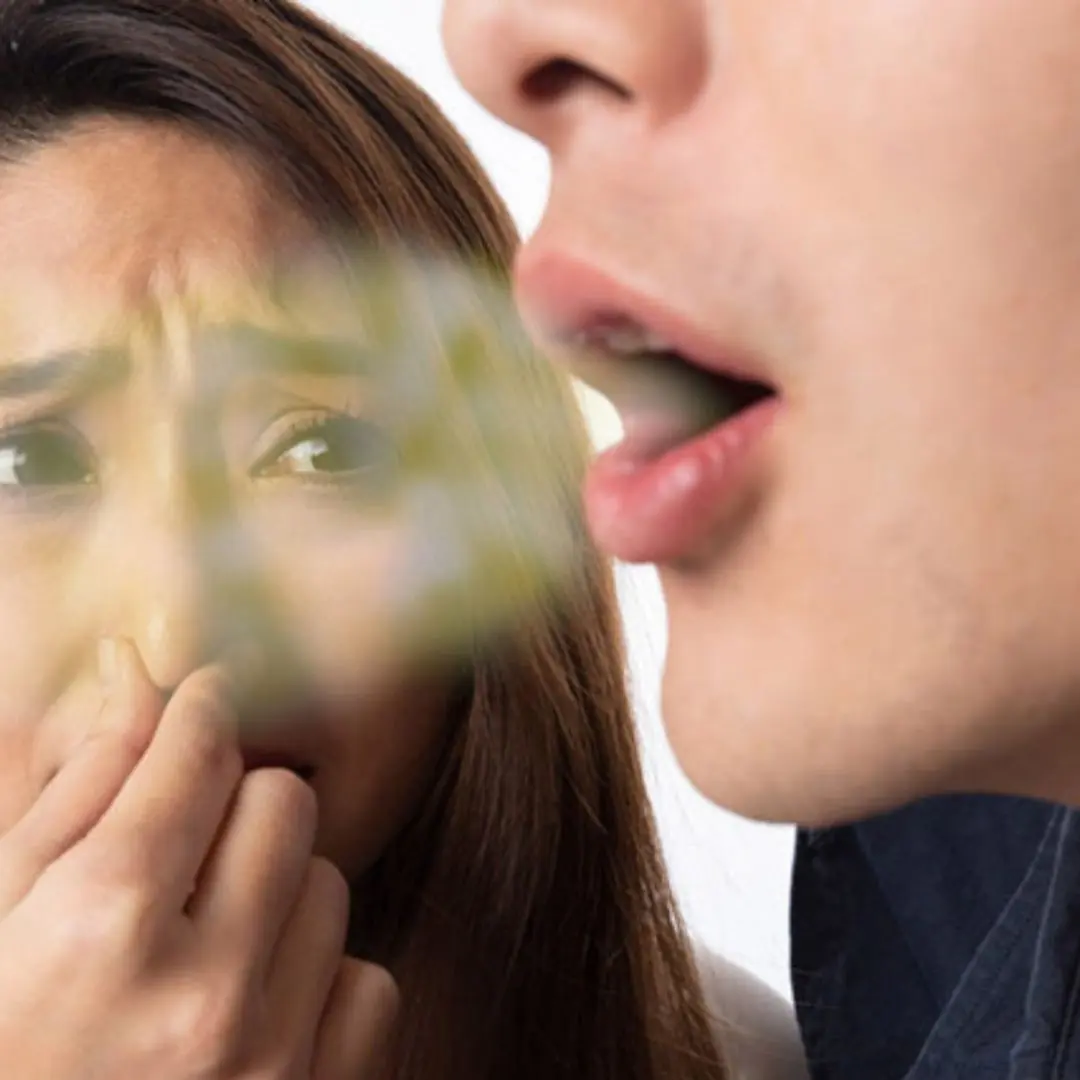
If your breath carries these 4 unusual odors, it could signal hidden illness — don’t ignore the warning signs
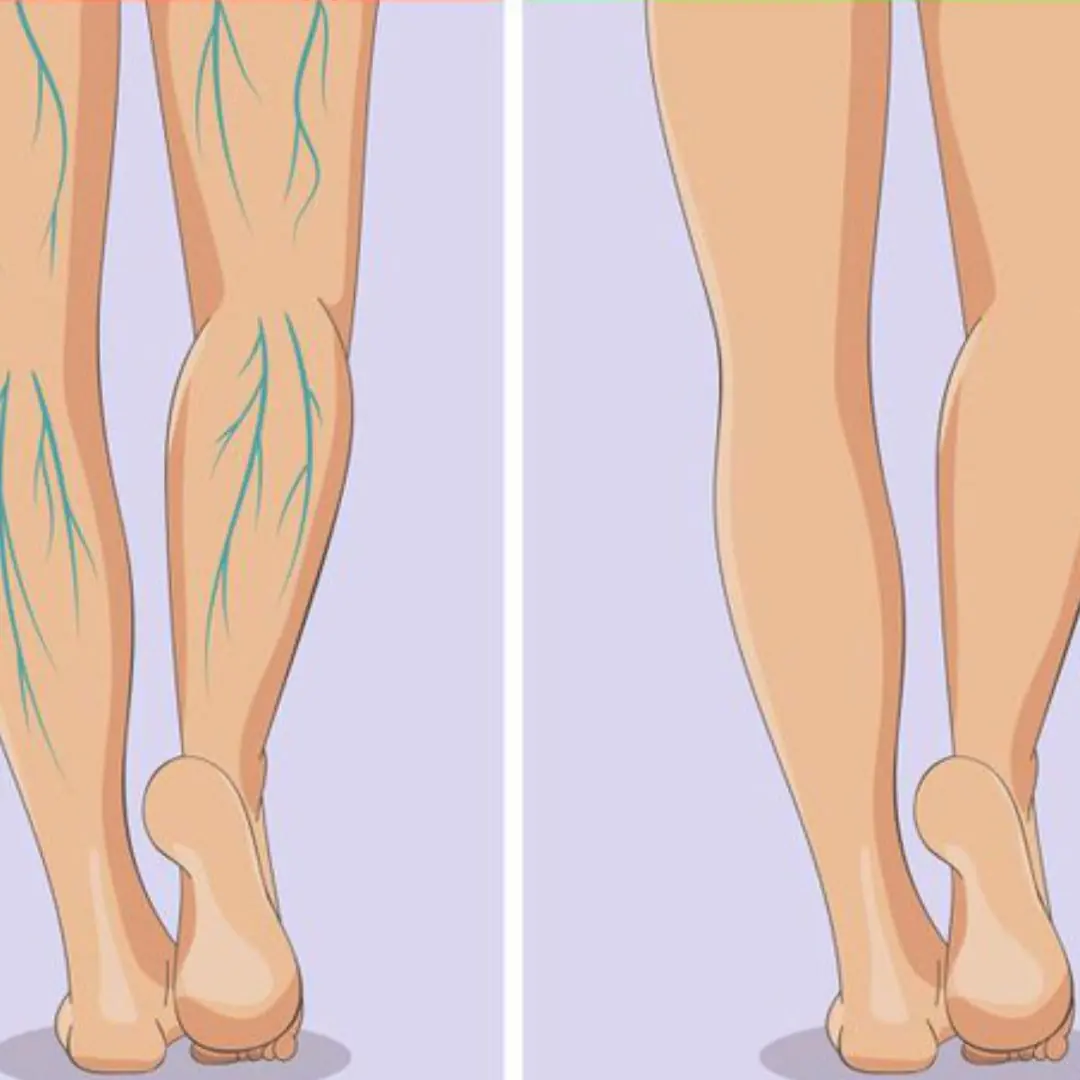
Your Feet Could Be Revealing Serious Health Issues — Watch Out for These 6 Signs
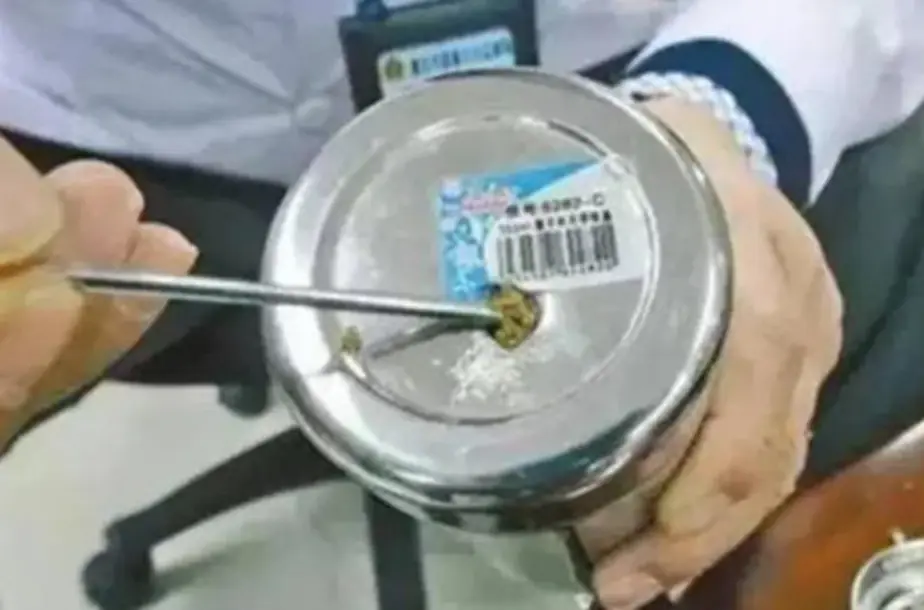
4 Best-Selling Items on E-Commerce Platforms Exposed to Contain Carcinogens

4 Surprising Changes Your Body Will Experience in Just Half a Year
News Post

Doctor Reveals 5 Dangerous Mistakes You Must Avoid Right After Eating

"7 Silent Habits That Wreck Your Bones and Joints — Quit Them Now or Face Pain in Old Age

Avoid These Plants If You Don’t Want Snakes Near Your House
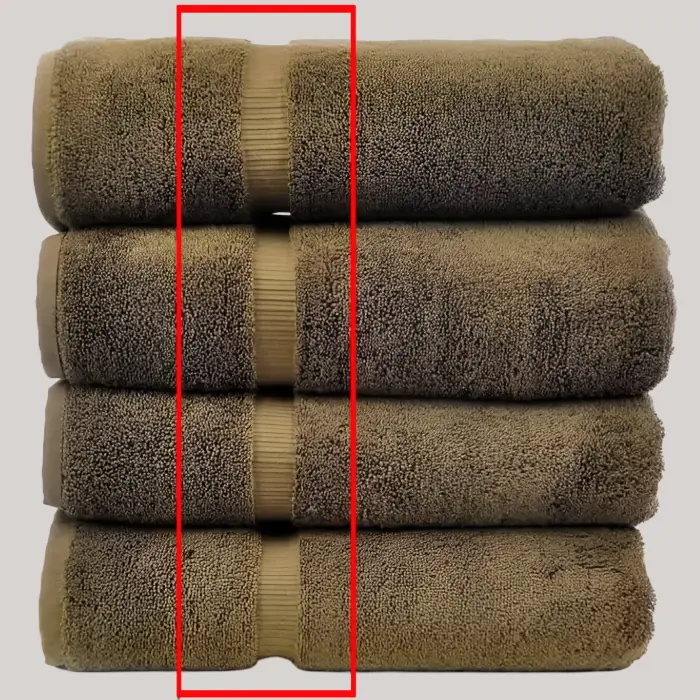
What the lines on bath towels actually mean?

Farmers put ice on melons before harvest – the reason behind it will surprise everyone
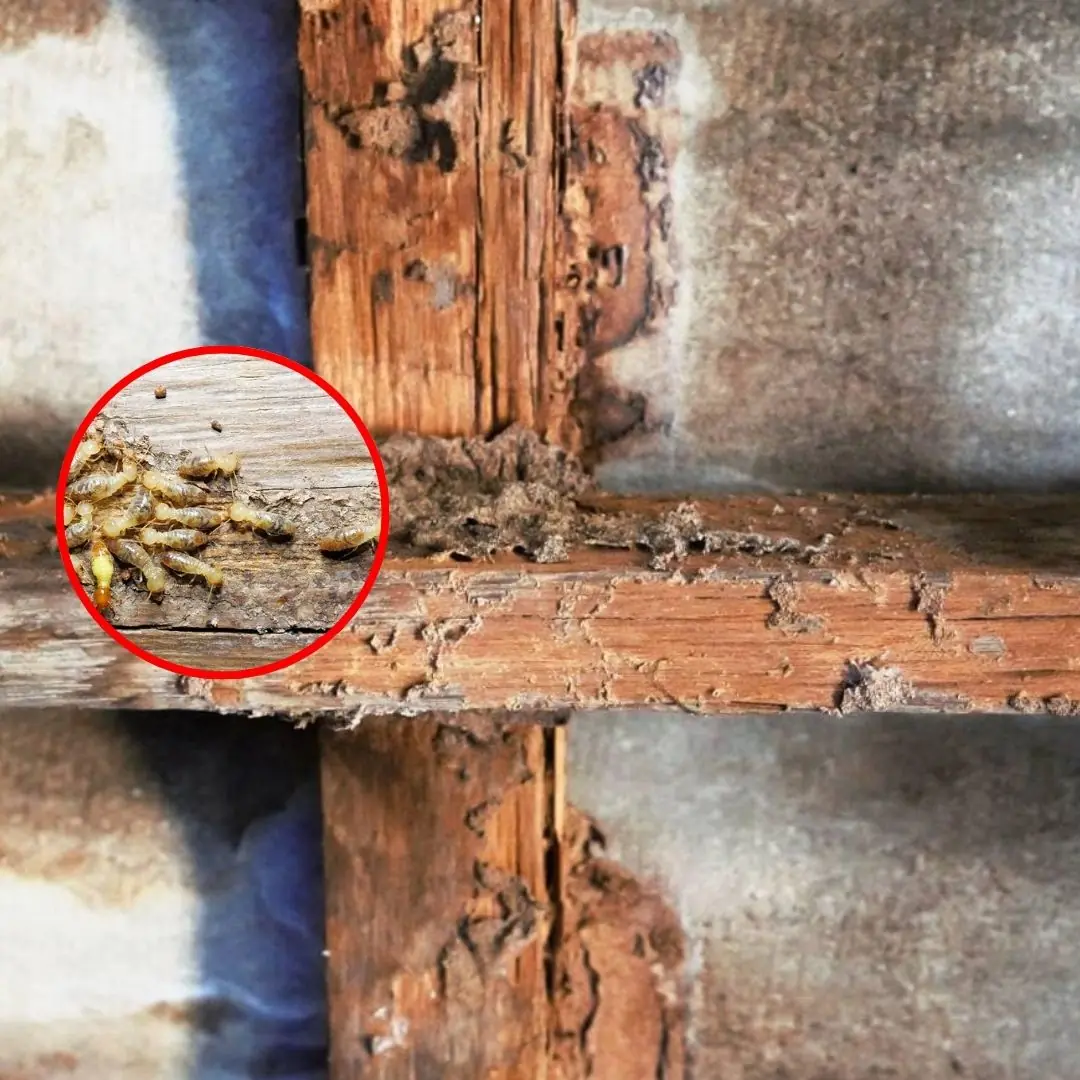
6 Proven Ways to Get Rid of Termites From Wooden Furniture

Warning: 10 Overlooked Symptoms That Could Signal Blood Cancer

Should You Pick Na.vel Oranges With a Big or Small “Na.vel”?

4 Abnormal Signs in the Abdomen That May Seem “Minor” but Could Indicate Can.cer

3 super easy garlic storage hacks
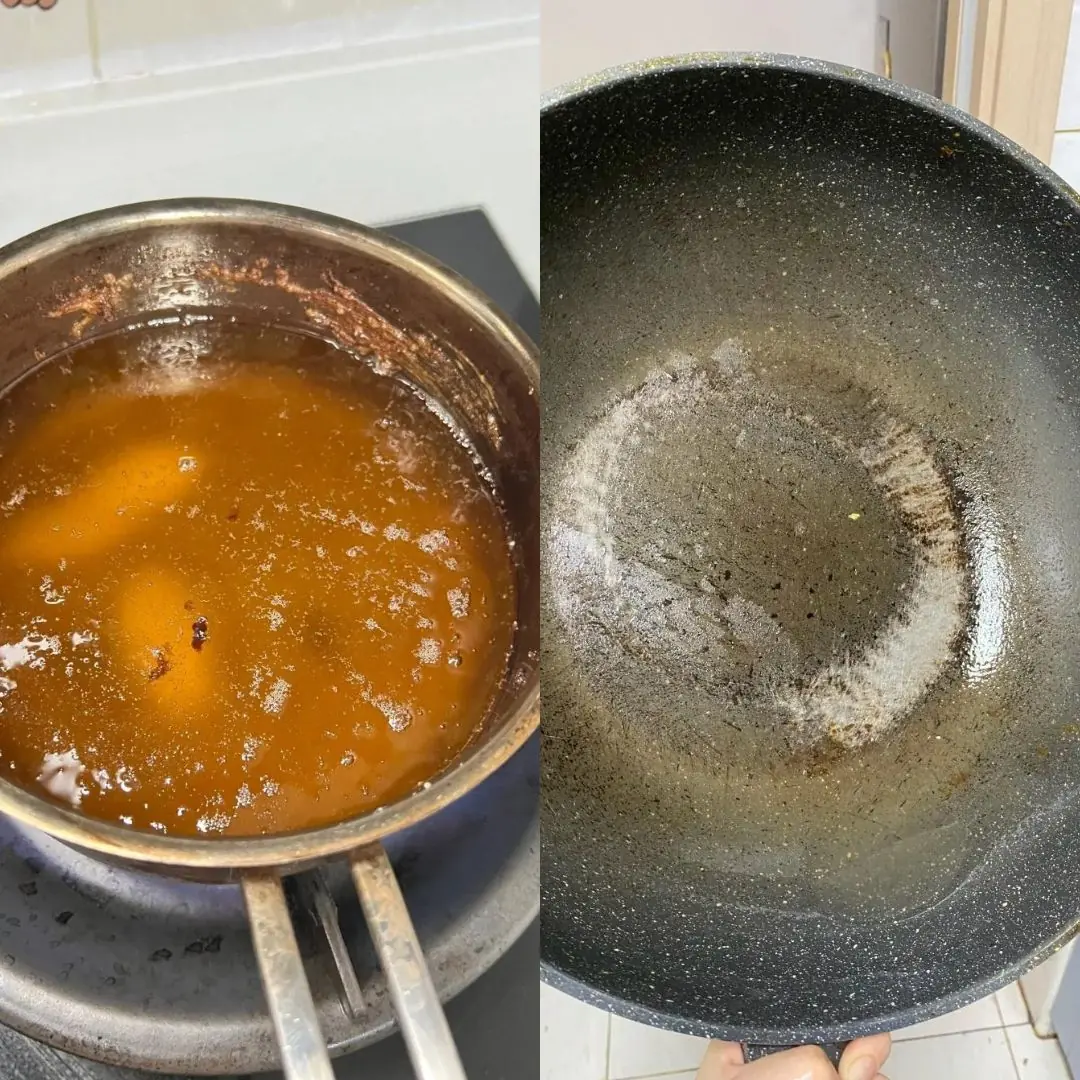
The More You Save, the Sicker You Get: 6 Dangerous Kitchen Habits to Stop Immediately
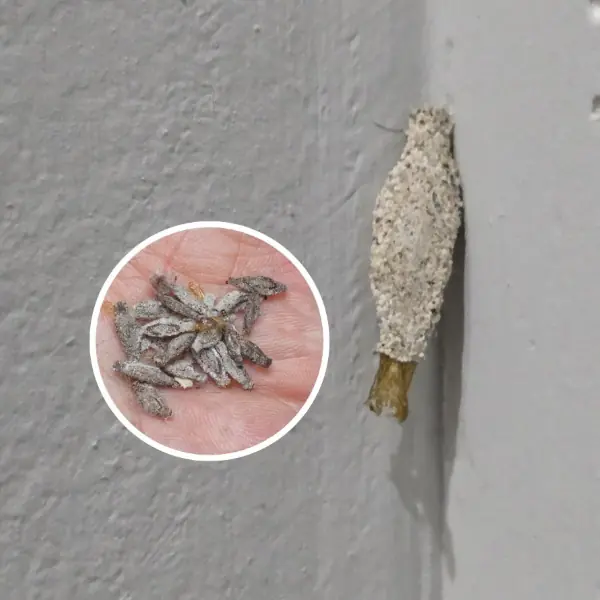
What are those “Small bags” on the wall really?

Surprising Everyday Foods That Quietly Work Wonders for Your Liver — And Why You Should Add Them to Your Diet

Despite its health benefits, star fruit is strictly off-limits for these groups of people

This condition can trigger a sudden transformation in the fingers, leaving them ghostly white or bluish

Night Clues: 5 Rare Symptoms Pointing to Kidney Damage

Don’t Overlook These 6 Warning Signs of Stage 1 Colon Cancer

These 3 Common Fish Are Actually the Best for Your Health
